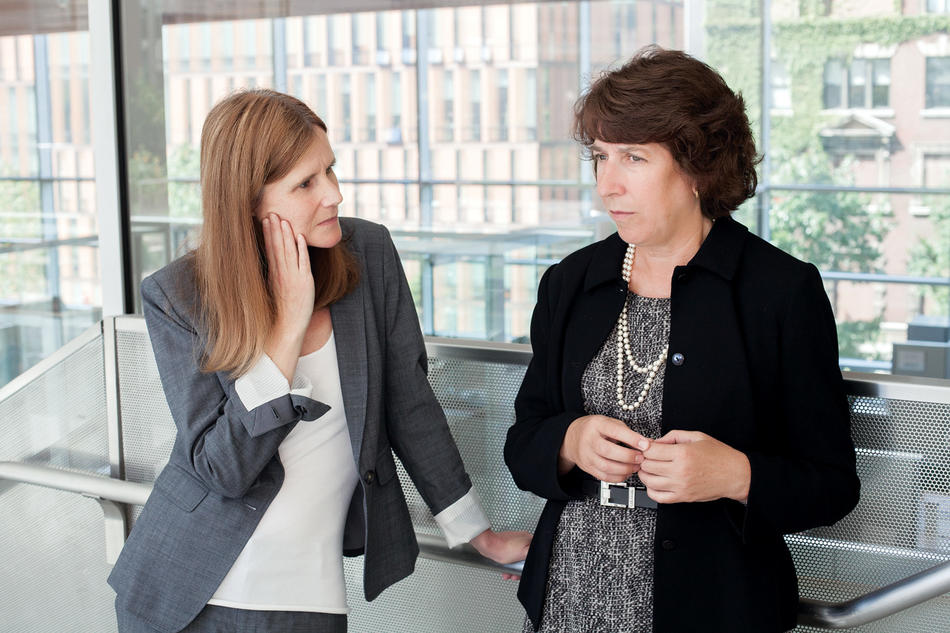Researchers call it “big data”: the troves of digital information constantly being generated by the mobile devices in our hands, the GPS units on our dashboards, and the tiny sensors that monitor the air quality and weather all around us. They say analyzing it could improve nearly every aspect of our lives, from the way we exchange goods to the way we plan our cities to the way we manage our natural resources.
This summer, the University established the Institute for Data Sciences and Engineering to support the acquisition and analysis of huge electronic data sets. The institute, which is overseen by the engineering school, is supported by a $15 million grant from New York City as part of its Applied Sciences NYC initiative, which aims to promote technology commercialization and economic growth. As part of the agreement, Columbia is committing to raise at least $80 million in private investments and to hire seventy-five new faculty for the institute, in engineering and other disciplines, by 2030.
“When you ask questions about how to turn data into meaningful information, you are asking questions that every part of the University — from philosophy to humanities to health to law to engineering and science — needs to answer,” said President Lee C. Bollinger at a July 30 press conference. “And that’s why we need an institute that specifically addresses the challenges of our data-rich society.”
The Institute for Data Sciences and Engineering will initially support research in five key areas: smart cities, new media, health analytics, financial analytics, and cyber security. Columbia faculty are already doing cutting-edge work in these areas. Medical researchers, for instance, are developing computer systems that could one day enable doctors to determine whether a medication is likely to work for you based upon your genetic profile. Journalism faculty, meanwhile, are using data-mining software to scour speech transcripts and other documents in hopes of spotting political trends.
“One of the institute’s goals is to advance Columbia’s existing strengths in quantitative research,” says Kathleen McKeown, a computer science professor who has been named the institute’s inaugural director. “But academics from across the entire University will benefit.”
Some of the faculty who will be hired to participate in the institute will be computer scientists, statisticians, and applied mathematicians with experience managing and analyzing large databases, McKeown says. These professors will be looking to collaborate with other faculty who are interested in solving practical problems by culling big pools of digital information — whether from social-media websites, Internet- shopping records, drug-safety reports, geographic information systems, or any other source.
“The availability of massive amounts of data is changing the way research is done in almost every discipline,” says McKeown, who designs language-processing software. “People who want to work with big data but aren’t sure how will find the resources they need here.”
The institute will be developed in phases. The first phase will culminate in 2016 with the opening of a newly renovated space for the institute on the fourth floor of the Mudd building, the engineering school’s home, as well as separate spaces on the tenth and fourteenth floors of the Northwest Corner Building, an interdisciplinary science center that opened in 2011 and is not yet fully built out. Columbia plans to hire about thirty professors for the institute by then. In subsequent years, the University will create additional space for the institute at the Audubon building on Columbia’s medical campus.
The institute, in part by producing start-up companies, is expected to generate $3.9 billion in economic activity for New York City over the next three decades, according to an economic-impact analysis conducted by the city’s Economic Development Corporation.
“We have a strong culture of entrepreneurship at Columbia Engineering, among our students as well as our faculty,” says Donald Goldfarb, the school’s interim dean. “The institute will foster that.”



